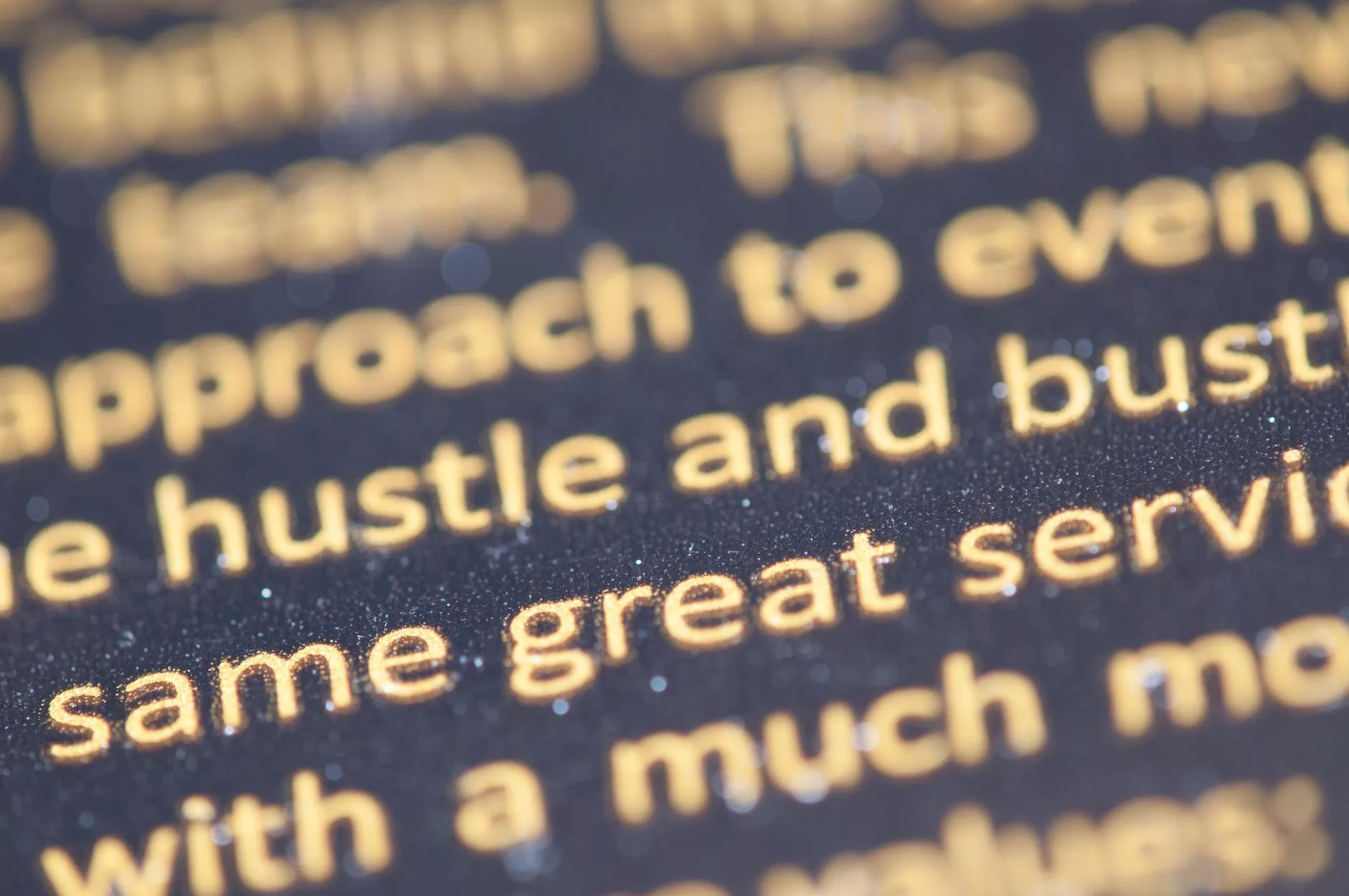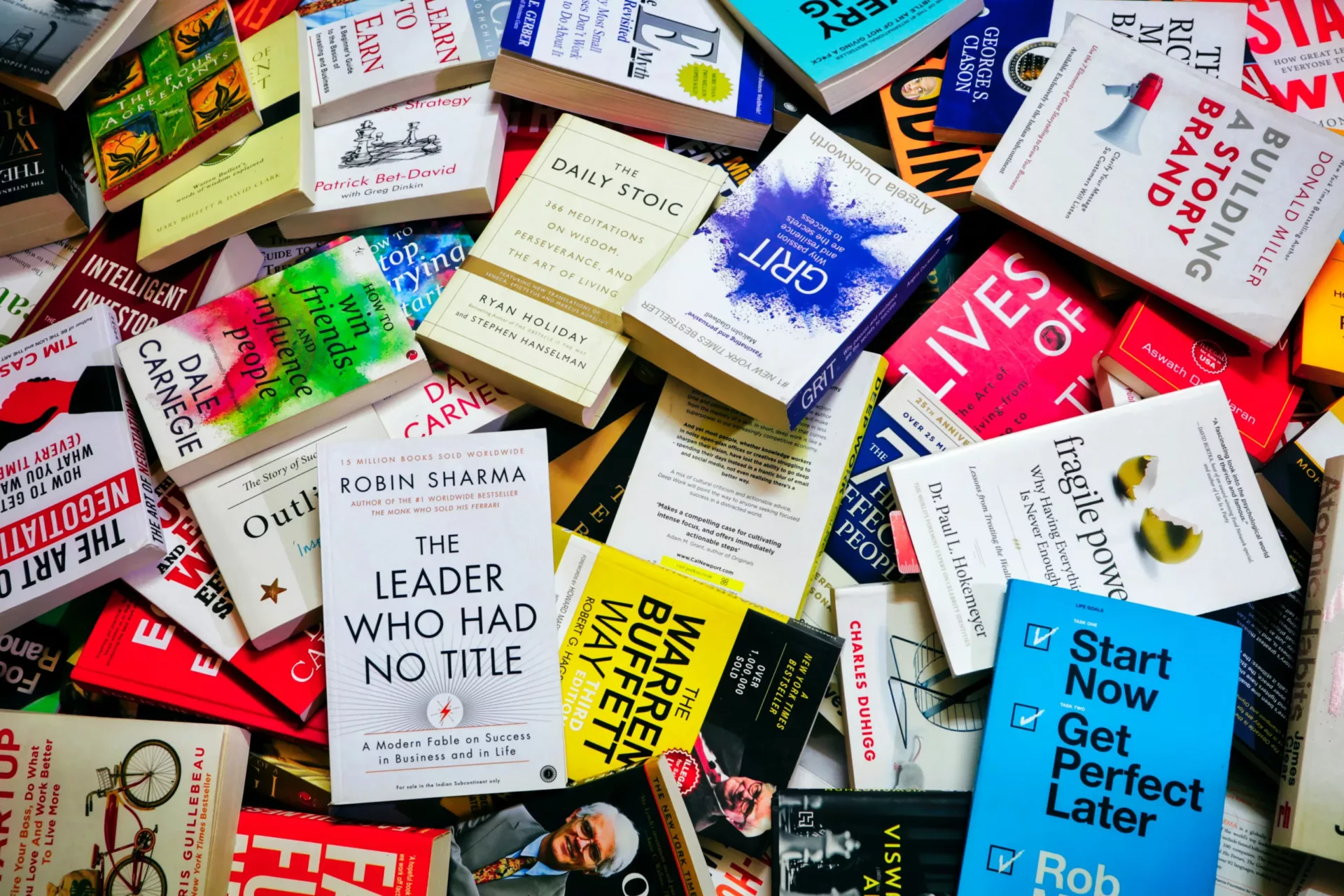Back in college, like most people, I had a couple of distinct friend groups. There was one, in particular, I hung out with more than the others. We listened to the same music, went to shows together, threw parties, and raised hell.We were as thick as thieves.One of the guys in this group just didn’t like me and I had no idea why. I knew his impression of me, but the feeling wasn’t mutual. I had no problem with him what-so-ever. Having a combination of cavalier attitude and simply being respectful, when we all hung out, he and I would generally avoid each other. Obviously, there were times where interacting with each other was unavoidable, so I treated him like I would anyone else: completely friendly, and of course, making fun of each other like all of us did.
Eventually, towards the end of college, he came around and said: “You know, I have no idea why I didn’t like you at first, but you’re alright”.
Who knows what it was he didn’t like about me, but I obviously made a bad first impression on him.
We were fortunate to spend enough time together to counteract that bad first impression. Most of the time, however, we simply don’t have that luxury, especially in business. Usually, you’re stuck with whatever impression you made on that person in whatever short time you interacted.
That’s the reason people place such a big emphasis on first impressions. They make an outsized effect on someone’s overall impression of you, and once those impressions are set, it’s incredibly difficult to displace them.
There’s a simple formula to help explain how this works, and don’t start sweating yet, the math is pretty simple.



Your Reputation Bucket
Humans are primarily pattern matching machines. Every person you meet is comparing you to patterns they already have in their head, like Debbie who asks for the manager every time she goes to dinner with them (dammit Debbie), or how you slightly remind them of Nelson, the bully from 3rd grade who used to pick on them.
Some of these you can’t help (especially if your name is Debbie or Nelson), but many of these you override by outweighing the negative with positive interactions. These first moments are critical because these initial impressions are overly weighted against any later interactions.
In other words, this is why first impressions are so important.
There’s a very simple reason why:
Your reputation bucket starts at empty, or almost empty. (unless you’re famous, in which case thanks for reading, and please share this!).
Within seconds of meeting someone, assumptions are added to your bucket. Every interaction is weighted against those assumptions and then added to your reputation bucket.
At first, those early interactions and assumptions are the only things in your reputation bucket, so they define someone’s impression of you.
As your bucket fills up, the less of an impact each interaction will have on your reputation. That means over time it takes more significant interactions, or simply a higher quantity, to displace or affect your reputation or an impression of you.
Think about a teaspoon of sugar in a shot glass vs a teaspoon of sugar in a 2-liter bottle. That shot glass is going to taste a whole lot sweeter because there’s less water to dilute it.
This also explains why sometimes it feels so much easier to start over with new people. A new bucket means a blank slate.



So how does the math work?
Think about it this way, let’s say your interactions are scored on a 1–10 scale. Now let’s focus on a single dimension for simplicities sake: kindness.
Let’s also assume this dimension in a new acquaintance’s reputation bucket for you has an average score of 6-not bad, but nothing mind-blowing.
Let’s say a new acquaintance watches you run out into a busy intersection to stop traffic so a momma duck can lead her ducklings to safety.
That’s a pretty big act of kindness. Let’s assume this acquaintance scores that interaction as 9 on our scale, and it’s doubly weighted because they collect rubber duckies.
If you have only, say 2 interactions that are both equally weighted at a 6, this new act moves your the average of those interactions in your kindness scale up to 7.4.
If you have 40 interactions, that only moves the average up to a 6.14. That’s an 12% difference.
With 40 interactions, it would take another 18 interactions scored at a 9 to bring your average score up to a 7.



Outside Influences
Not all interactions in a person’s perception bucket come directly from you. People talk, and they’ll talk about you, sometimes without provocation. For these types of perceptions, there are two factors here: confirmation bias, and that person’s personal weighting of others’ opinions.
Obviously, people who enjoy gossip will weight hearsay more heavily than others.
Gossip and hearsay are inevitable, and you can’t stop it. But those new pieces of information are also weighted against what a person knows about you.
A new piece of information that matches with their impression of you reinforces that dimension in your reputation bucket.
On the other hand, if you have a long-standing, positive, trusting relationship with someone and they hear a negative story about you, their pattern-matching brain will automatically compare it to your reputation bucket.
In this case, your reputation might get a small ding, but the needle on that scale won’t move very far, especially if the source of news is untrustworthy themselves.
Let’s say they keep hearing similar stories from different sources. Now there are more negative interactions in this reputation bucket, the bigger the ding against your reputation, and the more positive interactions it will take to offset them.



Obviously, life is more complicated than just some simple math and our brains aren’t doing complex calculations on a spreadsheet (unless it is, in which case, can you please check this box: ☐ to prove you’re not a robot).
This math does, however, demonstrate how difficult it is to displace a reputation the longer a person knows you.
So remember, first impressions matter and protect your rep: Dress well, speak well, be kind, and don’t name your child Debbie (no offense meant to the Debbies out there).
—
This post is also published on Medium.com







